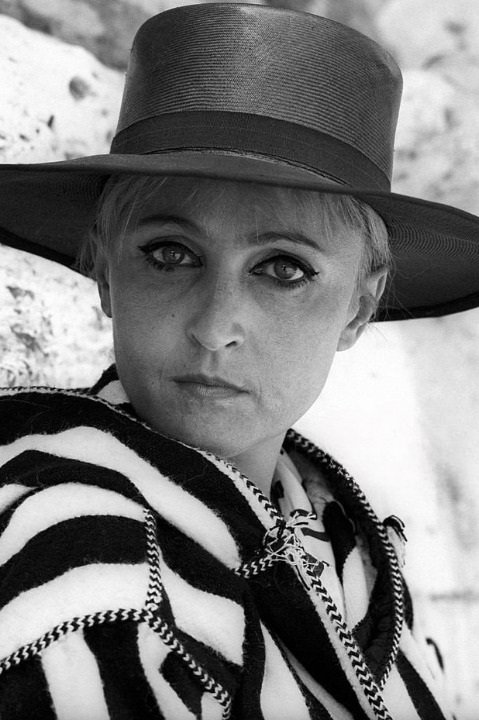
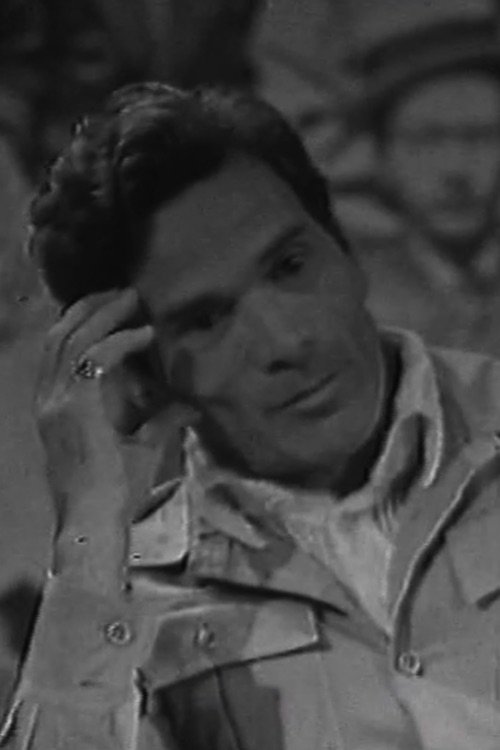
Franco Maresco celebrates the heritage of Pier Paolo Pasolini on the 99th anniversary of his birth through a series of exchanges with renowned intellectuals which were involved or influenced by his works and ideas.
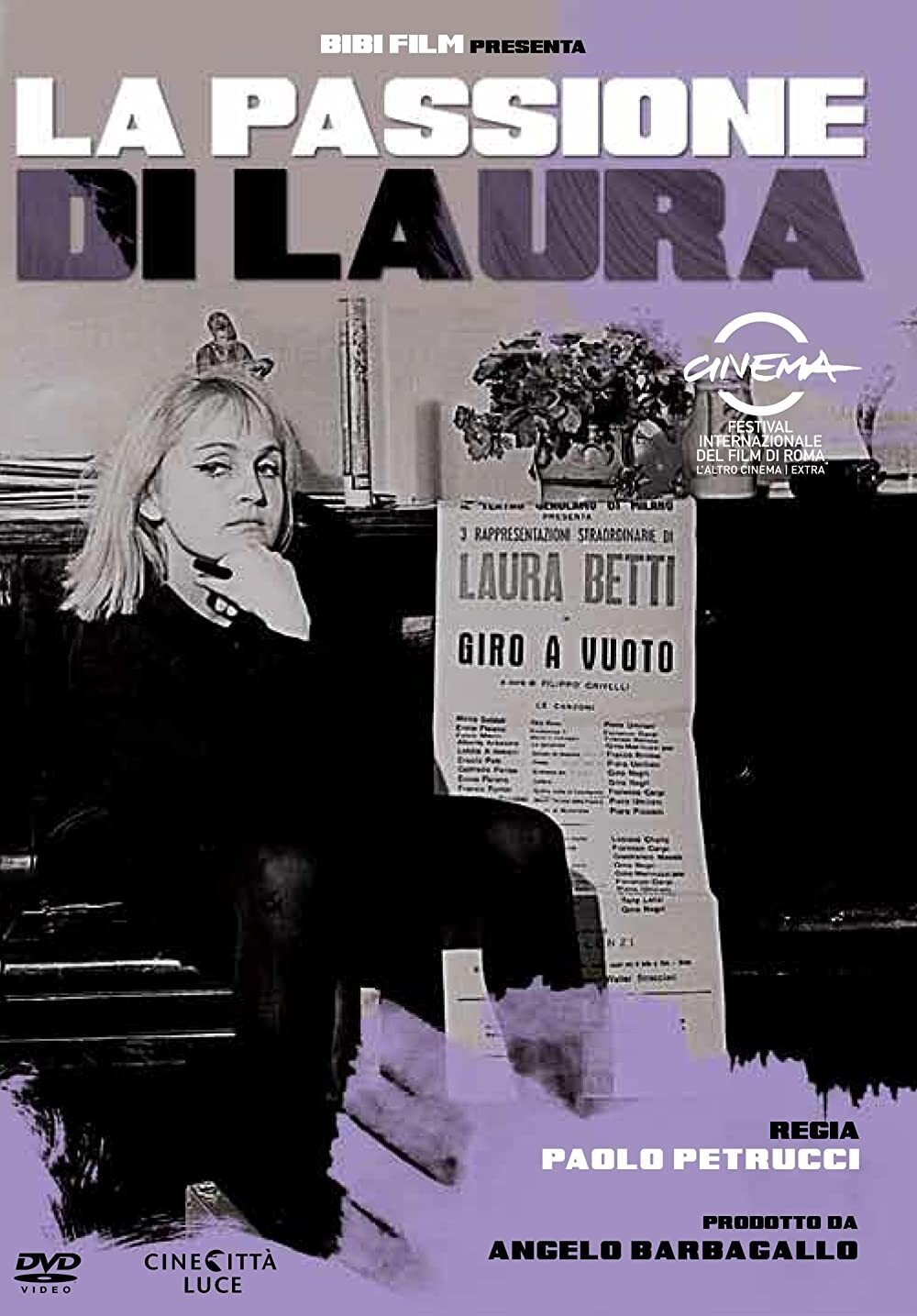
A portrait of Laura Betti with archival footage and stories of friends: Bernardo Bertolucci remembers Laura in "Novecento" and in a lost sequence of "Last Tango in Paris", Giacomo Marramao and Walter Siti dwell on the relationship with Pier Paolo Pasolini, Francesca Archibugi remembers a precious friend, Michelle Kokosowski and Jack Lang talk about the successful and mutual love for France, Piero Tosi and Paolo Poli remember her youth, Jacqueline Risset her private life, Valentino Parlato her civic passion, Renato Nicolini recaps her difficult relationship with institutions, Filippo Crivelli remembers the singer. Views that seek to reconstruct the figure of an exceptional artist, unusual and contradictory.
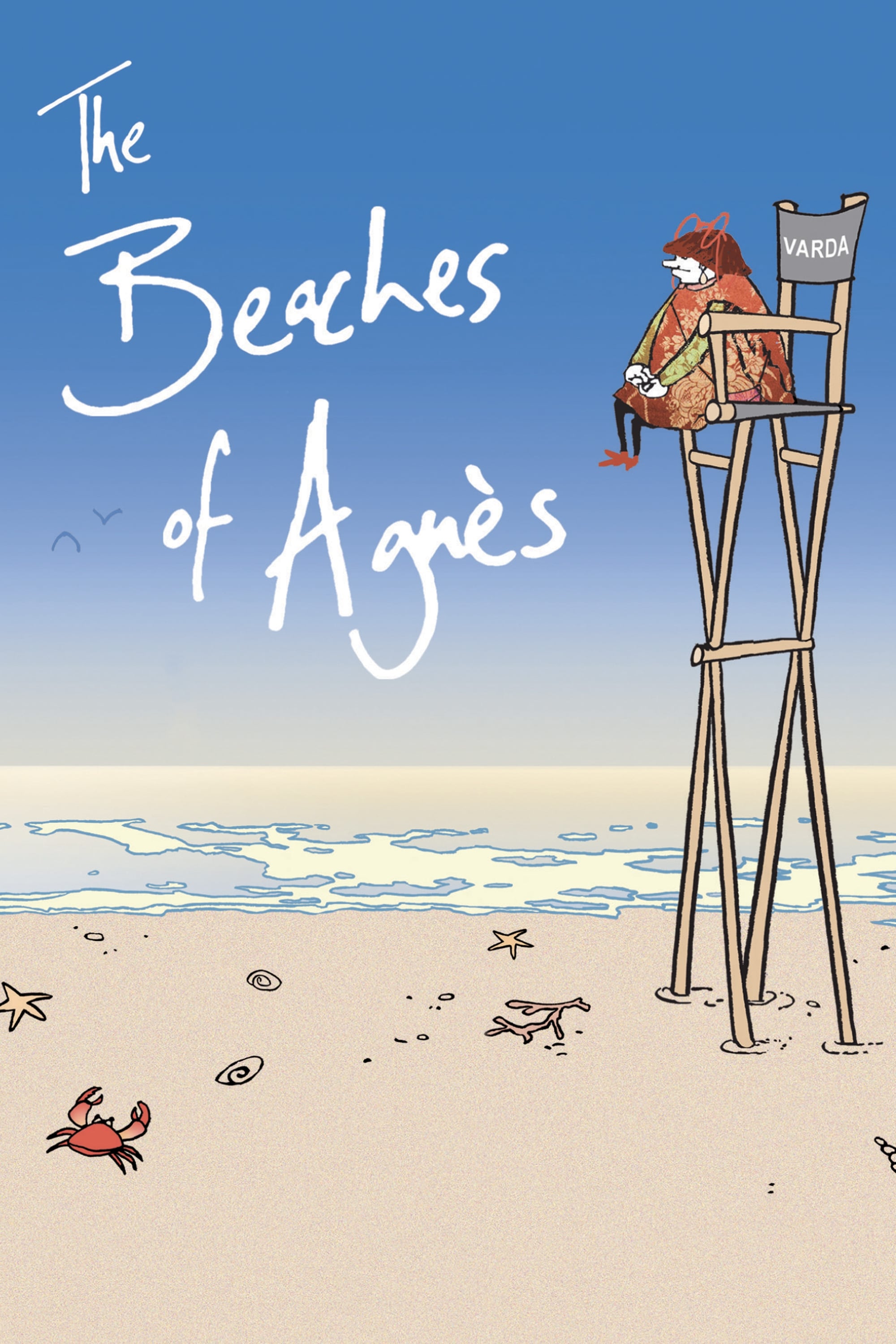
Filmmaking icon Agnès Varda, the award-winning director regarded by many as the grandmother of the French new wave, turns the camera on herself with this unique autobiographical documentary. Composed of film excerpts and elaborate dramatic re-creations, Varda's self-portrait recounts the highs and lows of her professional career, the many friendships that affected her life and her longtime marriage to cinematic giant Jacques Demy.
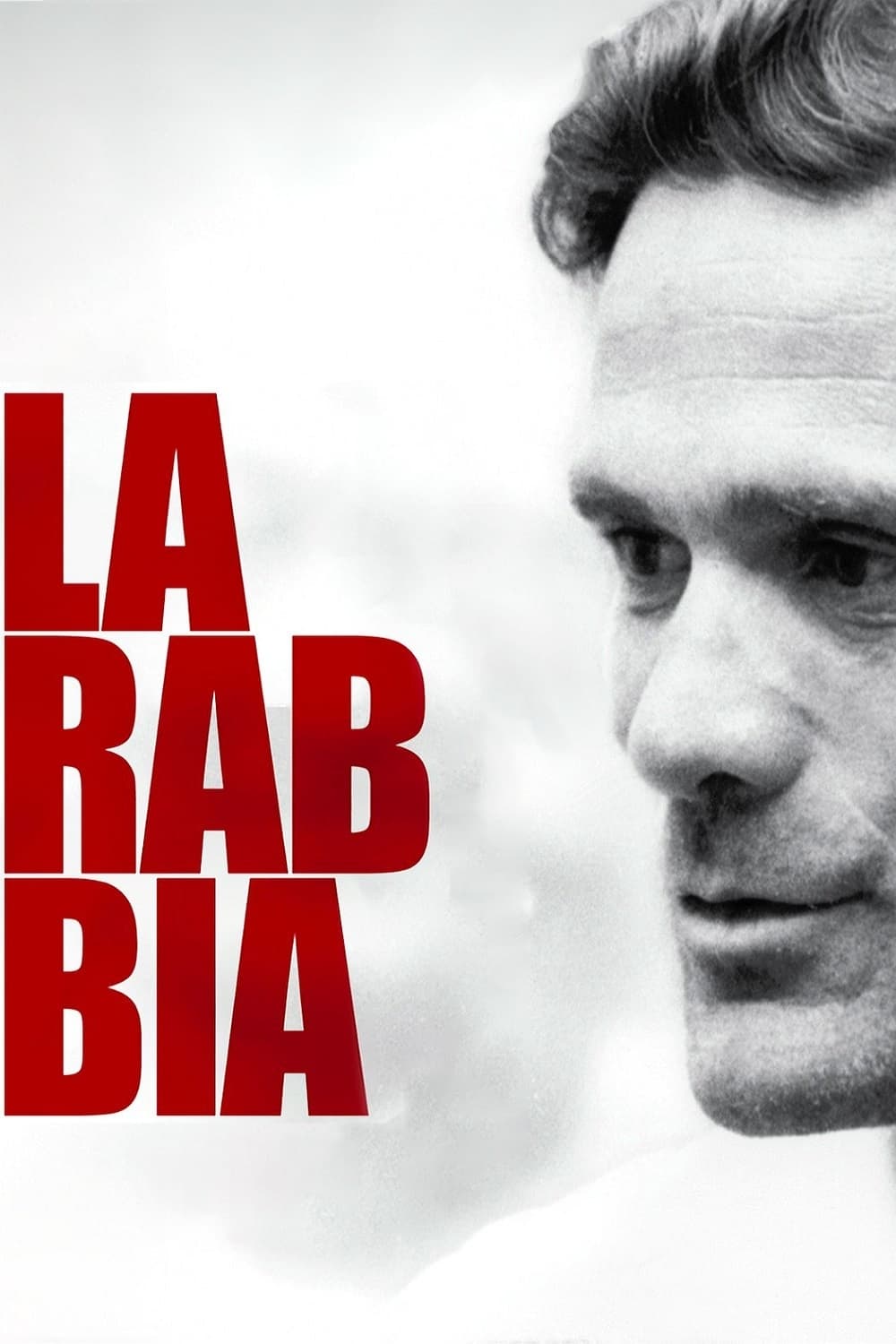
An attempt to reconstruct the complete version of Pier Paolo Pasolini's segment of La rabbia.
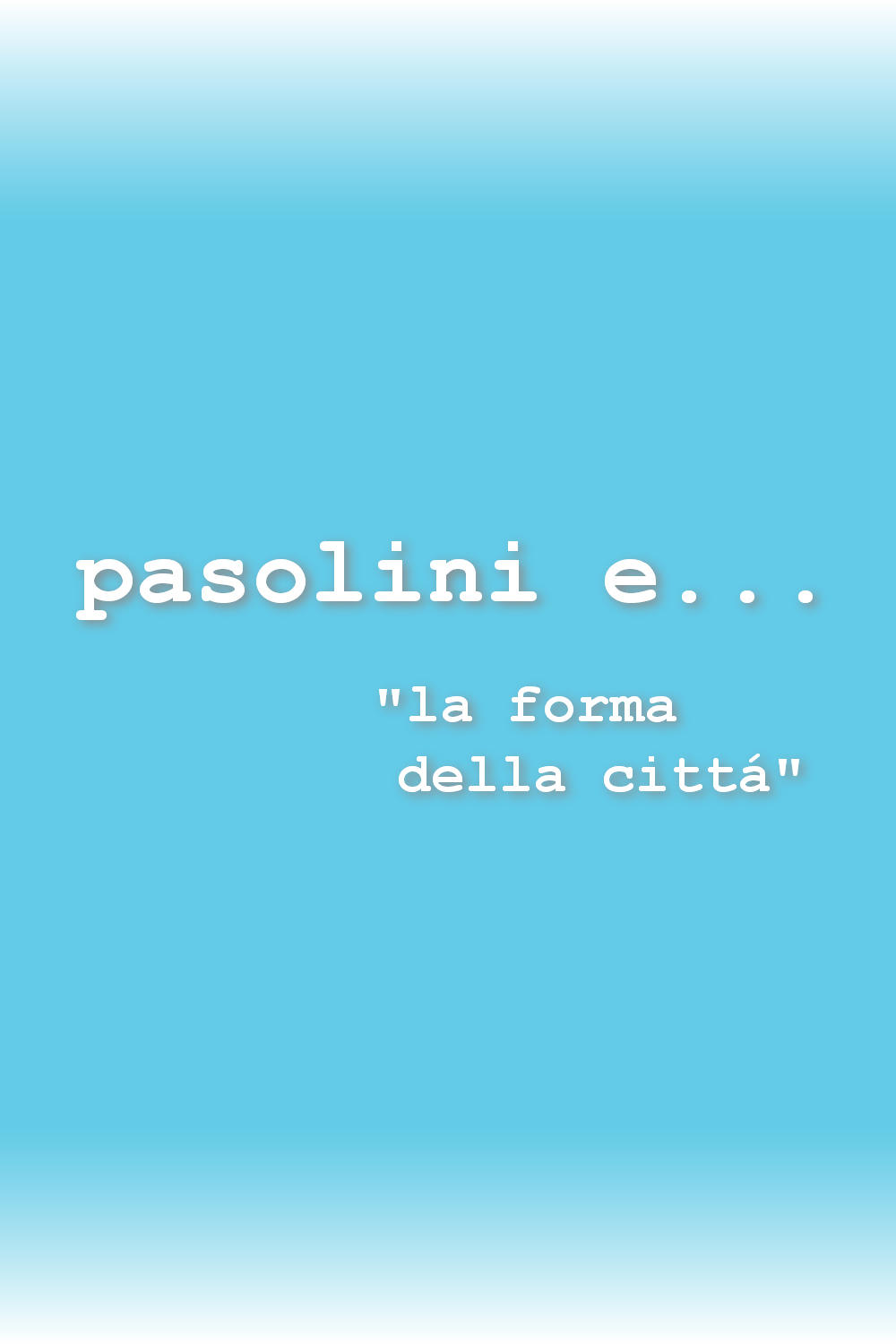
Documentary about the making of Pier Paolo Pasolini's The Canterbury Tales (1972), and particularly focusing on the many edits and cut scenes that were made before the film's release.
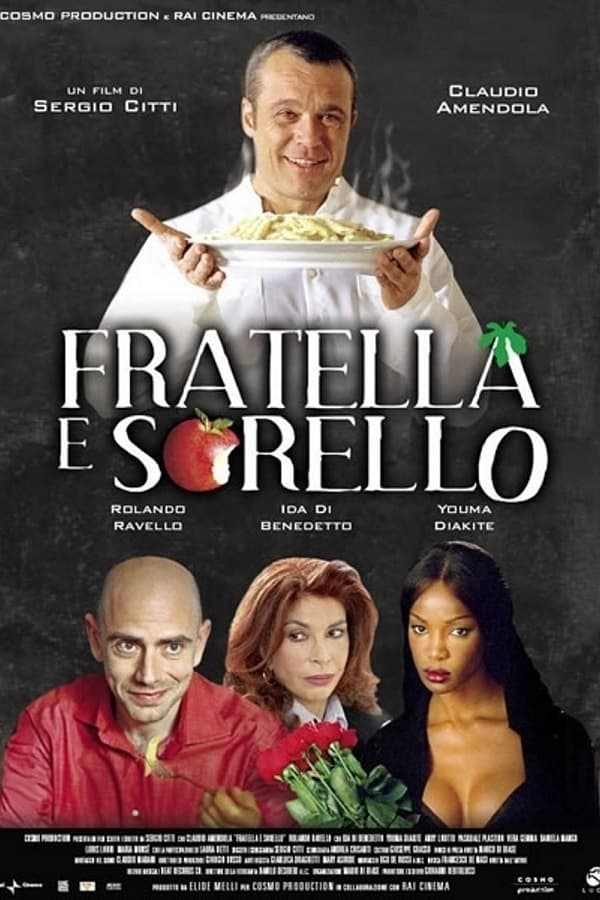
The story of an unlikely friendship between two men: Giocondo, a wealthy upper middle class man passionately in love with Nono, a black strip-teaser who has ruined him; and the Snake, a male strip-teaser who has traveled all over the world on cruising boats, a tough guy made tougher after a treachery by one of his friends. They meet in jail, where they are kept for different reasons and a strong, brotherly link is born between them.
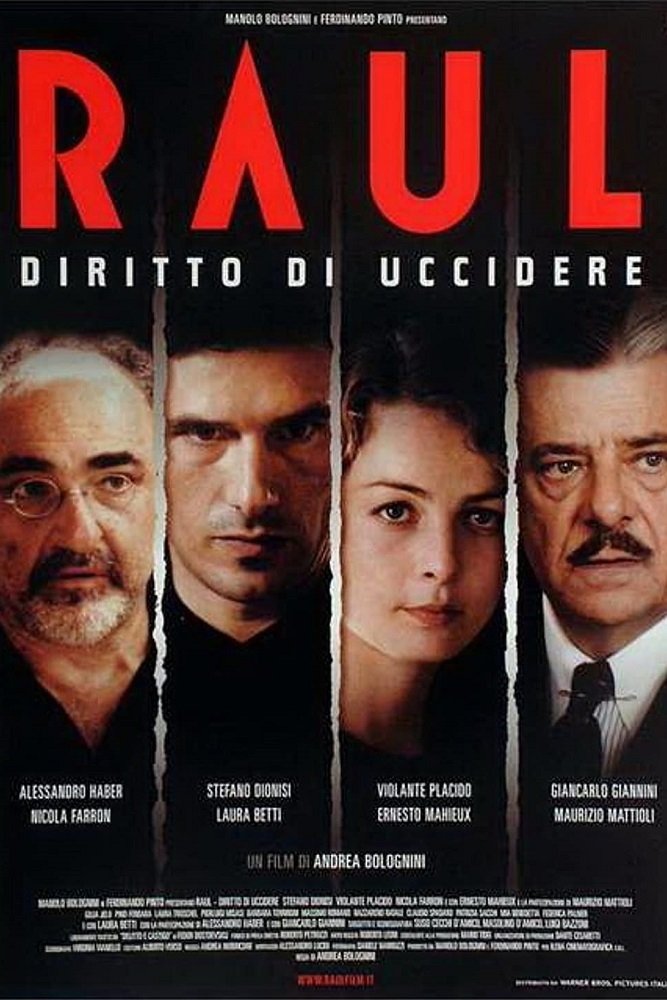
In a fascist Rome anxiously awaiting Hitler's visit, Raul is a young man not aligned with the regime and beset by debts. In May 1938, Raul kills an old usurer and her sister: not out of necessity, but to investigate the concept of the "right to kill" ... who can motivate it and assume the right?

Loose adaptation of Italy's national epic, Alessandro Manzoni's “The Betrothed”. In war-torn 17th century Italy, shady feudal lord Don Rodrigo eyes young and beautiful Lucia, who loves—and is reciprocated by—commoner Renzo. The two lovers plan to marry in secret, but Rodrigo discovers it and they are forced to flee their village, becoming separated and each facing many dangers, including the Plague.
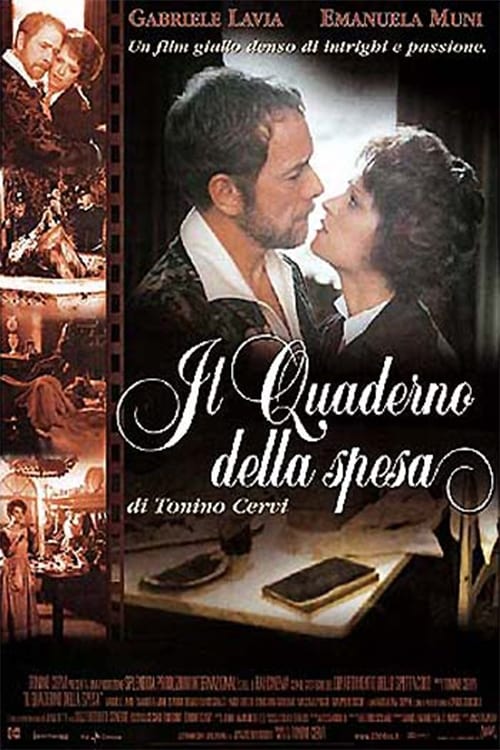
Period giallo about a young cook who's accused of killing her wealthy husband.
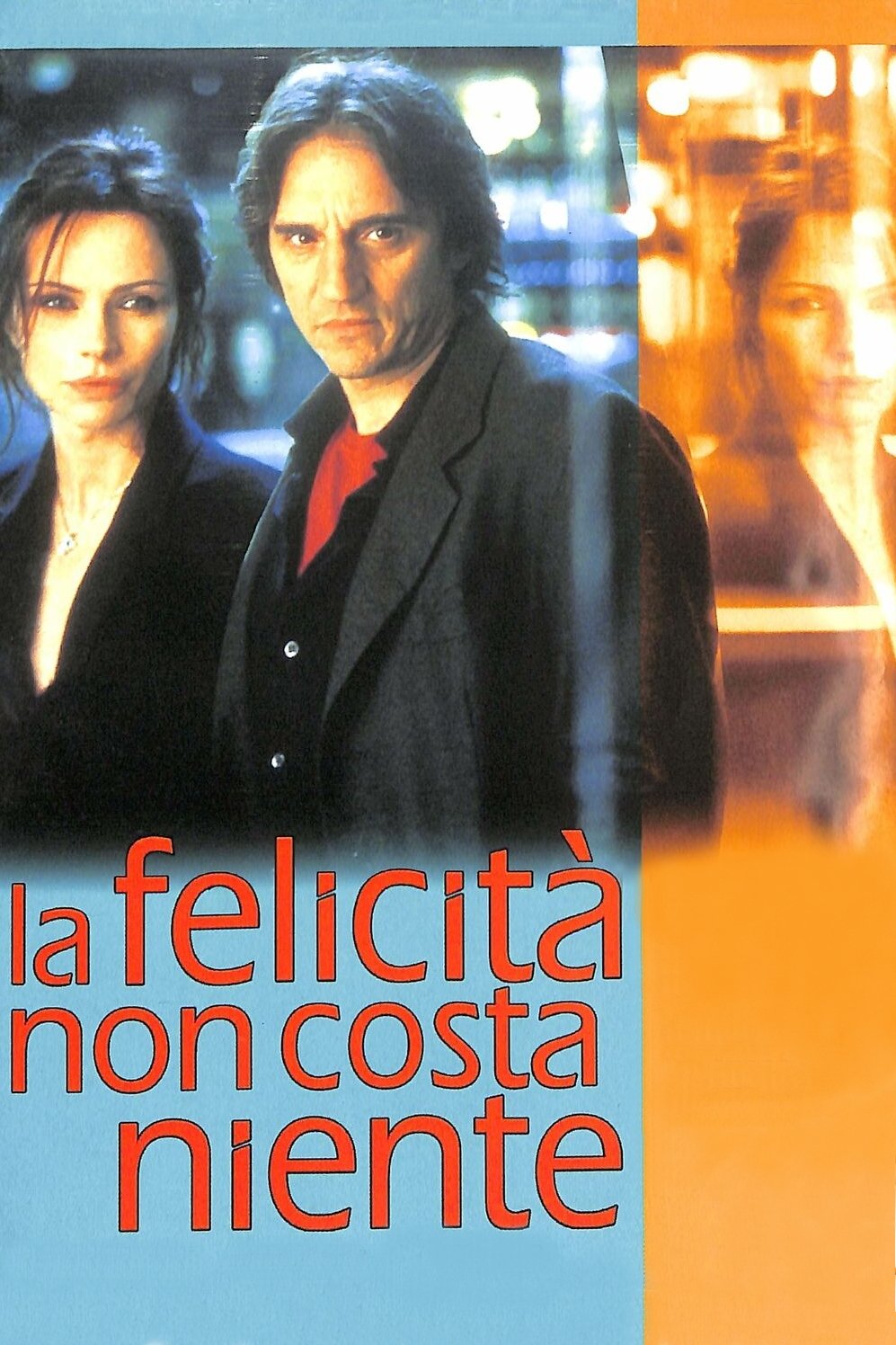
A man in his forties has had enough. He leaves his loveless family, uninspiring job and fake friends and tries to find something more. He meets a young woman he falls for, but she puts him on the test.
Laura Betti (née Trombetti; 1 May 1927 – 31 July 2004) was an Italian actress known particularly for her work with directors Federico Fellini, Pier Paolo Pasolini and Bernardo Bertolucci. She had a long friendship with Pasolini and made a documentary about him in 2001. Betti became famous for portraying bizarre, grotesque, eccentric, unstable or maniacal roles, like Regina in Bernardo Bertolucci's 1900, Anna the medium in Twitch of the Death Nerve, Giovanna la pazza in Woman Buried Alive, hysterical Rita Zigai in Sbatti il mostro in prima pagina, Therese in Private Vices, Public Virtues, Emilia the servant in Pier Paolo Pasolini's Teorema for which she won the Volpi Cup for Best Actress, and Mildred the protagonist's wife in Mario Bava's Hatchet for the Honeymoon. Born Laura Trombetti in Casalecchio di Reno, near Bologna, she grew up to be interested in singing. She first worked professionally in the arts as a jazz singer and moved to Rome. Betti made her film debut in Federico Fellini's La Dolce Vita (1960). In 1963, she became a close friend of the poet and movie director Pier Paolo Pasolini. Under his direction, she proved a wonderful talent and played in seven of his films, including La ricotta (1963), Teorema (Theorem, 1968), his 1972 version of The Canterbury Tales, in which she played the Wife of Bath; and his controversial Salo (1975) ("120 Days of Sodom"). In 1976, Betti portrayed Regina, a cruel and eroto-maniacal fascist in Bernardo Bertolucci's Novecento (1900). She also played Miss Blandish in his Last Tango in Paris (1972), though her single scene was deleted. In 1973 she dubbed the voice of the Devil for the Italian version of William Friedkin's The Exorcist. From the 1960s, Betti dedicated much of her time to literature and politics. She became the muse for a number of leading political and literary figures in Italy and came to personify the revolutionary and Marxist era of 1970s Italy. In 2001, she made a documentary about Pasolini, Pier Paolo Pasolini e la ragione di un sogno. She also donated her papers related to their long friendship along with more than 1000 volumes and many documents connected to Pasolini to the archives of the Fondazione Cineteca di Bologna, thus creating the Centro Studi Archivio Pier Paolo Pasolini. This Centro, strongly wanted by Betti, owns also thousands of photograph and all the works of Pasolini: poetry, literature, cinema and journalism. After her death in 2004 her brother Sergio Trombetti has donated all the personal documents of her career to the Centro that has absorbed them under the name Fondo Laura Betti. Source: Article "Laura Betti" from Wikipedia in English, licensed under CC-BY-SA 3.0.
By browsing this website, you accept our cookies policy.